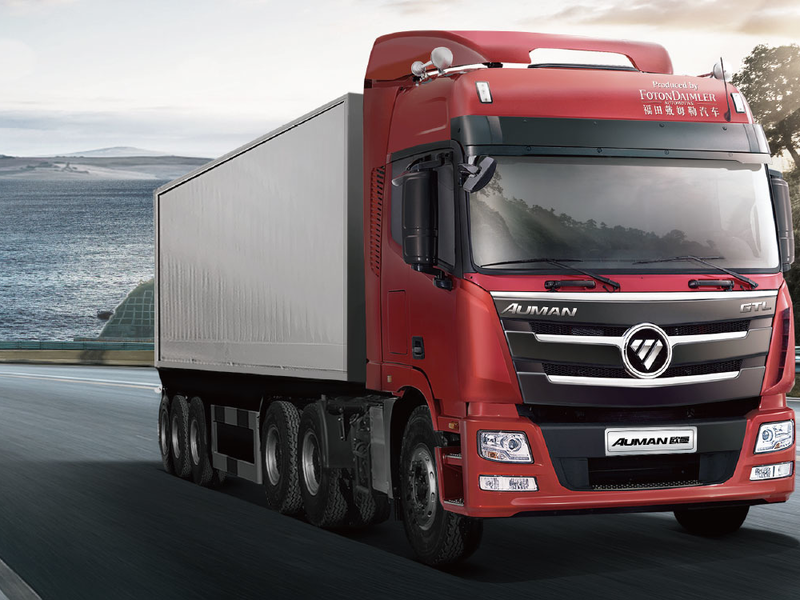
The 50 percent cap on foreign automakers’ interest in commercial vehicle joint ventures in China will be lifted July 23, the country’s commerce ministry said this week.
The move is the second step Beijing pledged in 2018 to deregulate controls on foreign auto manufacturers that produce and sell in China.
Only a small number of foreign automakers, including Daimler, Ford Motor Co., General Motors and Hyundai Motor Group, operate commercial vehicle JVs in China.
Hyundai last year disclosed plans to turn its JV with private Chinese truckmaker Nanjun Automotive Group into a wholly owned subsidiary in 2020.
If the plan is implemented, Hyundai likely will become the first foreign automaker to gain full ownership of its commercial vehicle business in China.
The Chinese government, pressured by the Trump administration, announced in April 2018 plans to phase out restrictions on foreign ownership in joint ventures established with local companies.
Under the government’s schedule, limits will be lifted this year on JVs that produce commercial vehicles and in 2022 on those that make passenger vehicles. The limits were lifted in 2018 for JVs that produce electrified vehicles.
Historically, regardless of what vehicles they produced in China, foreign automakers were required to form joint ventures with local companies, with the 50 percent interest cap.
With regulatory controls relaxed, Tesla received approval in 2018 to build a wholly owned electric vehicle production subsidiary in Shanghai, and BMW Group will be allowed to raise its stake in a car joint venture with Brilliance China Automotive Holdings to 75 percent from 50 percent in 2022.
Volkswagen Group has signed an agreement with Jianghuai Automobile Co. that will allow the German auto giant to increase its interest in their EV partnership to 75 percent from the current 50 percent.